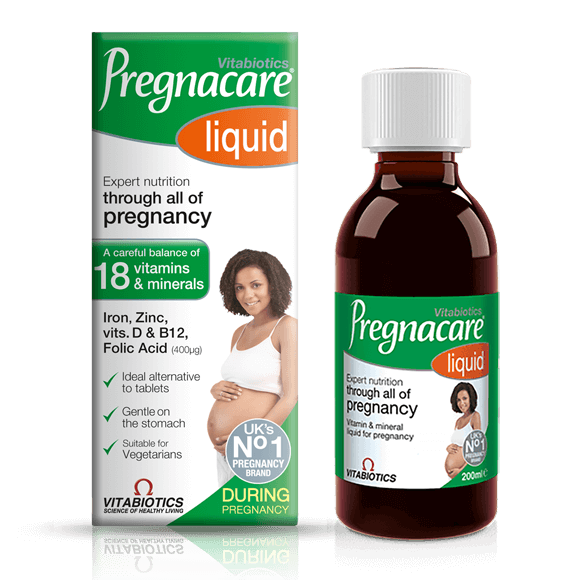What do you need during first trimester of pregnancy? Read our list of first trimester pregnancy essentials, along with the essential vitamins you’ll need during the first trimester, to help you feel prepared.
How Long is the First Trimester?
The first trimester lasts for the first 12 weeks of pregnancy, which is roughly the first three months. The first trimester incorporates the time from the first day of your last period - the date the start of pregnancy is calculated from - up until the end of the 12th week of your pregnancy.
During the first trimester it is likely that you will find out you are pregnant, start to experience early pregnancy signs and have your first medical appointments with a doctor or midwife. In the UK, the first NHS pregnancy ultrasound scan, which is known as the dating scan, usually takes place during this time, from around 10 – 14 weeks. You can read what to expect at your first scan here.
First Trimester Pregnancy Essentials
While there isn’t a lot you need during this time, there are some maternity essentials during the first trimester that will help you feel comfortable and relaxed.
Maternity Essentials During The First Trimester
Pregnancy Pillow
Sleep is important in early pregnancy, but this is also a time when you might find it more difficult to get to sleep and stay asleep due to the physical and hormonal changes happening to your body. This is where a pregnancy pillow can help. Pregnancy pillows in the first trimester offer support to your changing body and may help to alleviate any discomfort in your back or hips, when you are resting or trying to sleep. Your pregnancy pillow can be your new best friend – and should be top of your list of first trimester essentials.
A Healthy, Balanced Diet
A healthy, balanced diet wherever possible is a first trimester essential to help support you and your growing baby during this time. Healthy eating during pregnancy is no different to healthy eating at any other time – it’s just particularly important to ensure that you are eating enough of the essential nutrients, such as protein, carbohydrates, vitamins, and minerals.
A balanced diet includes a wide range of foods from 5 different food groups including fruit and vegetables, starchy carbohydrates, dairy foods, protein and a small amount of foods containing fat and sugar.
There are also various food items you should avoid during pregnancy – find out more about pregnancy foods to eat and avoid.
Water Bottle
It is important to stay hydrated during pregnancy. The NHS Eatwell Guide recommends that people should aim to drink 6 to 8 cups or glasses of fluid a day, but that you may need to drink more fluids if you're pregnant or breastfeeding.
Your water bottle is a first trimester essential that’s always by your side, and a handy reminder for you to drink more during the day.
Pregnancy Books Or Apps
Pregnancy books and apps can be valuable first trimester essential items by providing information about what’s happening to your body at each stage and help you track progress, symptoms and key dates. Emma’s Diary offers a free pregnancy app with ongoing pregnancy information and a milestone tracker to help you record key moments.
Pregnancy Journal
Love writing things down? You might want to keep a pregnancy journal, which you can start in your first trimester. Keeping a pregnancy journal is a handy way of recording your emotions, symptoms, feelings and thoughts on pregnancy. It can also feel like you are confiding in someone at a time when not everyone might be aware of your pregnancy, and it is a wonderful keepsake to look back on when your baby is here.
Comfortable Clothes
While you might not start to develop a definite baby bump during your first trimester, it is likely you will notice changes to your body, including bloating and tender breasts. All these changes can make you feel uncomfortable, so soft, comfortable clothes are key in the first trimester. Elastic waistbands are a must! You might also want to opt for wire-free bras, and try make sure you go for a bra fitting to check you are wearing the right size.
Items To Combat Nausea
During the first trimester, nausea and pregnancy sickness can be common at all times of the day, and not just in the morning. While there is no one remedy to combat pregnancy sickness, there are lots of simple things you can try that might potentially help you. These can include eating or smelling ginger or mint, wearing travel sickness bands and eating bland carbohydrates or salty food. Find out what works for you and make it a first trimester essential.
Make sure you speak to your midwife if you have any concerns about your pregnancy sickness.








Comments (0)